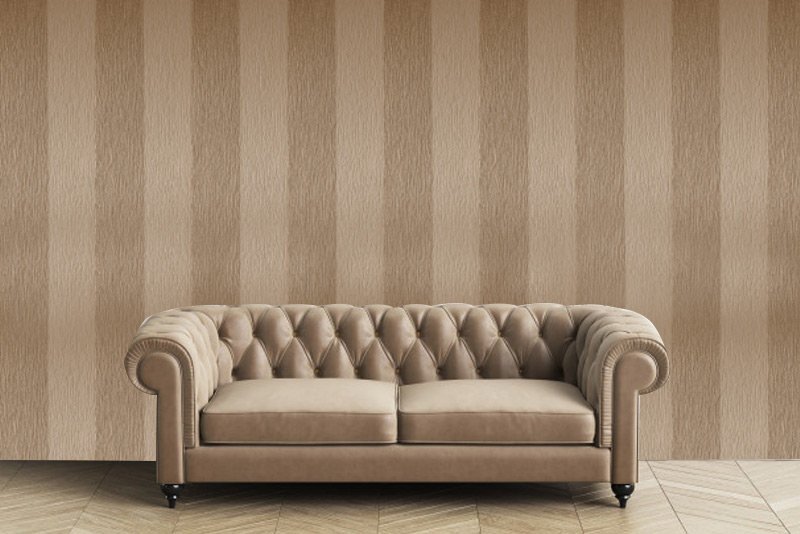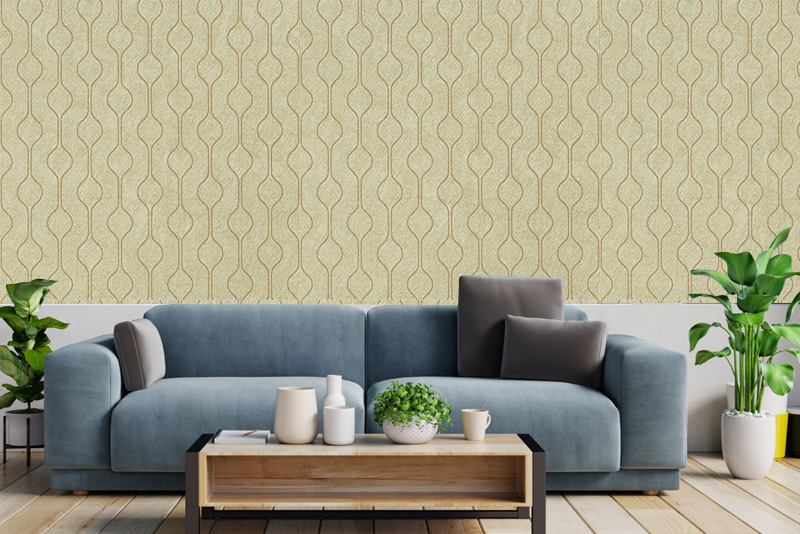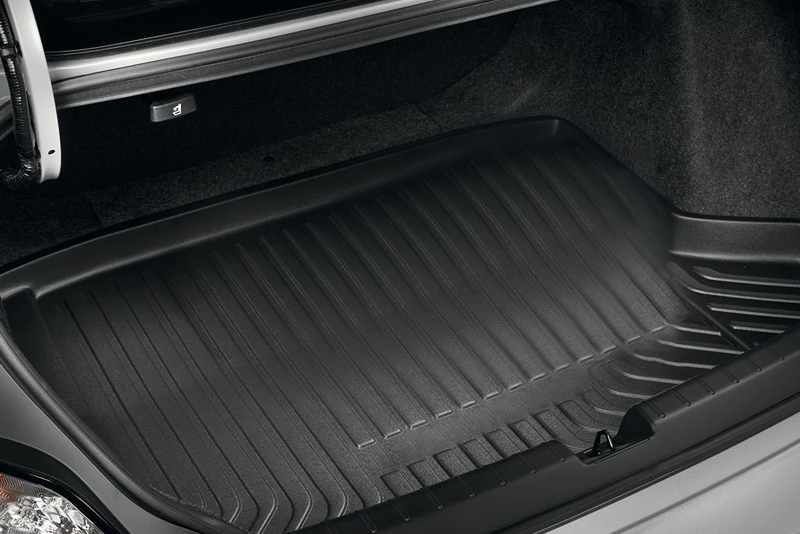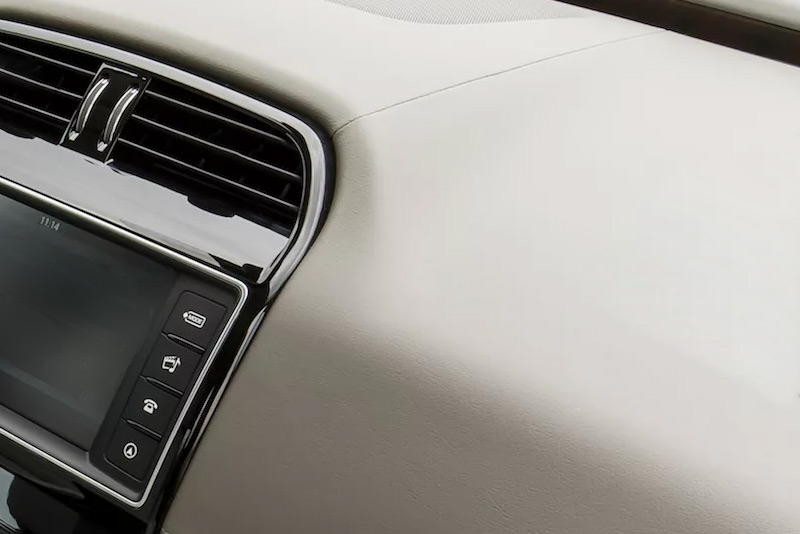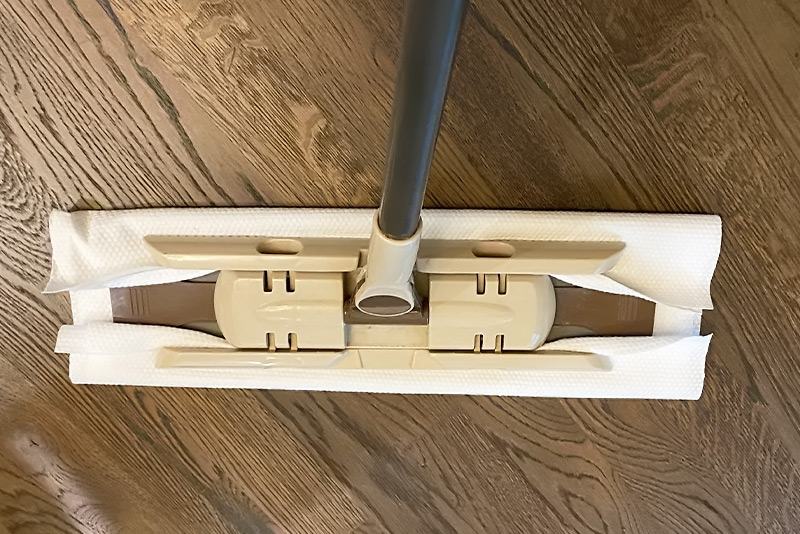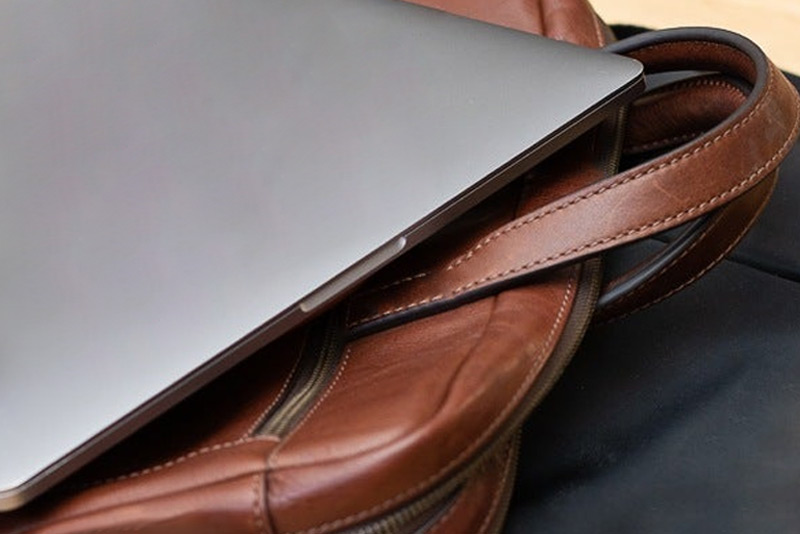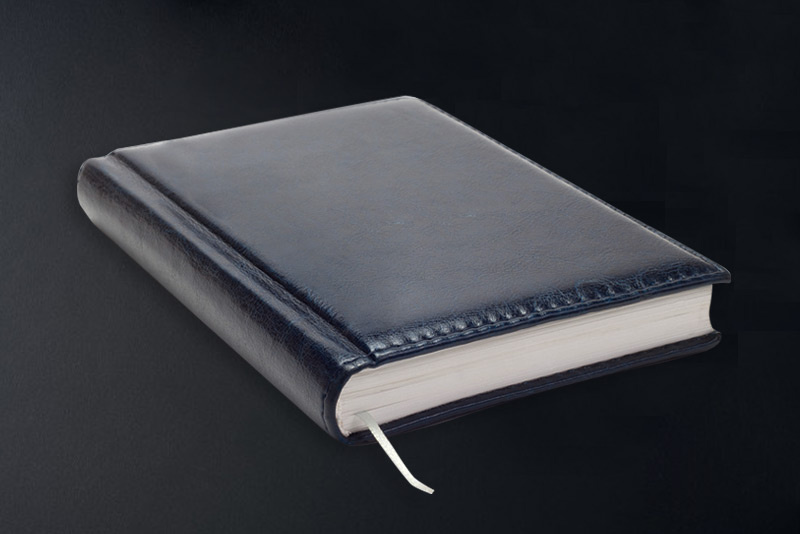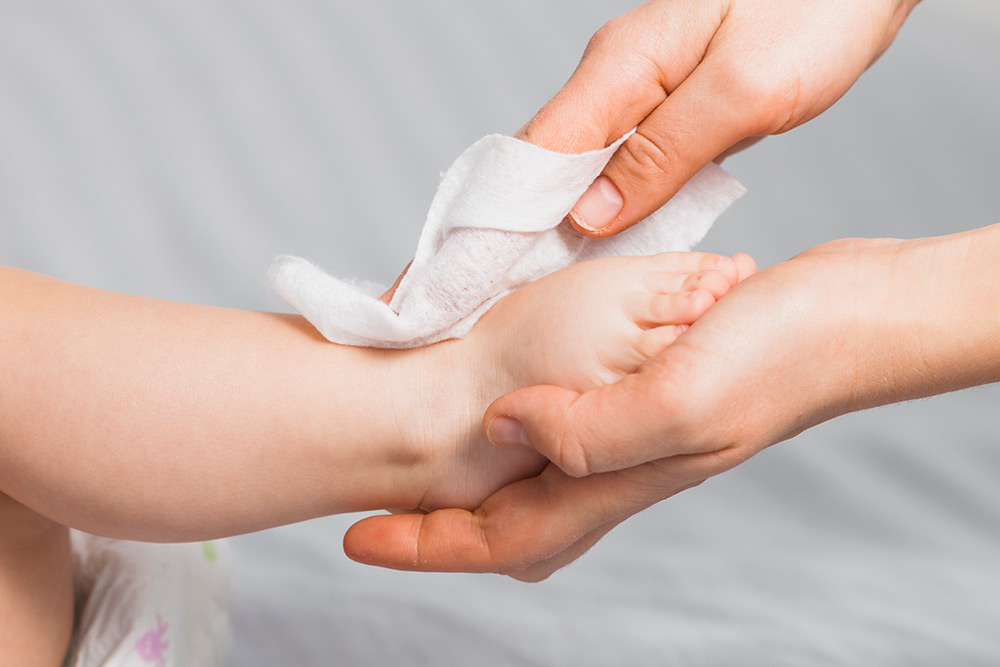Waterproof nonwoven fabric differs from other types of nonwoven fabrics primarily in its ability to repel water and provide a barrier against moisture penetration. Here are some key differences:
Waterproofing Technology:
Waterproof nonwoven fabric is specially treated or coated to make it impermeable to water. This treatment may involve laminating the fabric with a waterproof membrane, applying a water-resistant coating, or incorporating hydrophobic additives into the fibers.
Other types of nonwoven fabrics may not have waterproofing properties and may instead focus on other characteristics such as breathability, absorbency, or filtration.
Purpose and Applications:
Waterproof nonwoven fabric is primarily used in applications where moisture resistance is essential, such as outdoor gear (e.g., rain jackets, tents, backpacks), medical supplies (e.g., surgical gowns, drapes), construction materials (e.g., roofing membranes, moisture barriers), and protective packaging.
Other types of nonwoven fabrics may be used in a wide range of applications, including hygiene products (e.g., diapers, feminine hygiene products), filtration (e.g., air filters, liquid filters), automotive interiors, furniture upholstery, and industrial packaging.
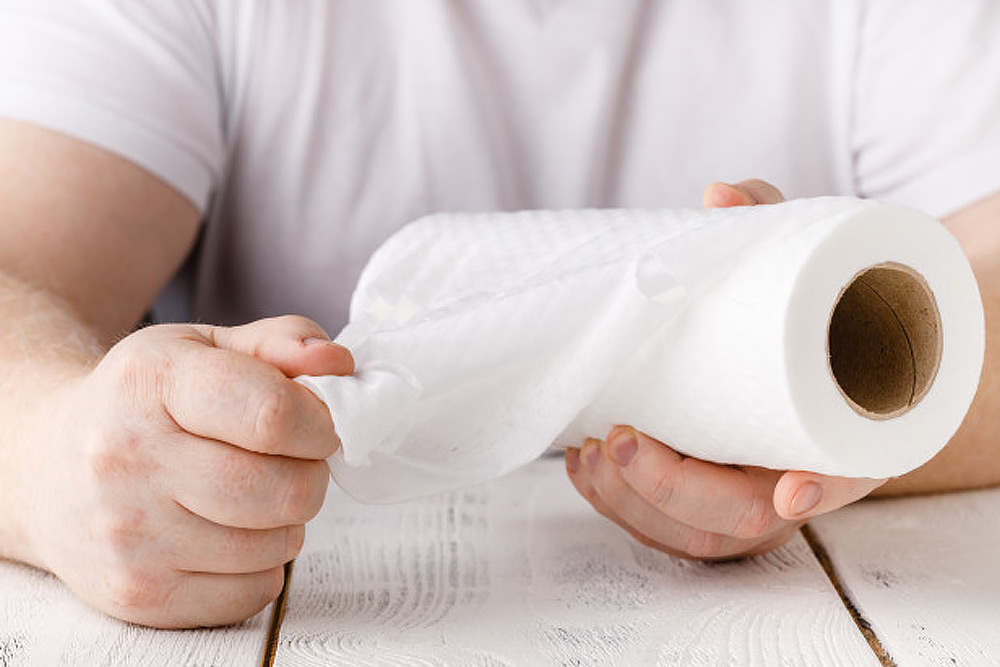
Composition and Structure:
Waterproof nonwoven fabric may be made from synthetic fibers such as polyester, polypropylene, or nylon, which are inherently hydrophobic or can be treated to repel water.
Other types of nonwoven fabrics may be made from natural fibers (e.g., cotton, wool, bamboo), synthetic fibers, or a blend of both. They may have different structures such as spunbond, meltblown, needlepunch, or airlaid, depending on the intended use and performance requirements.
Durability and Performance:
Waterproof nonwoven fabric is designed to provide durable protection against water infiltration, withstand harsh weather conditions, and maintain its waterproof properties over time.
Other types of nonwoven fabrics may prioritize other performance characteristics such as softness, strength, flexibility, or breathability, depending on the intended application.
Cost and Availability:
Waterproof nonwoven fabric may be more expensive than other types of nonwoven fabrics due to the additional cost of waterproofing treatments or specialized manufacturing processes.
The availability of waterproof nonwoven fabric may also be limited compared to other types of nonwoven fabrics, depending on the specific requirements of the application and the demand for waterproofing properties.
Waterproof nonwoven fabric offers unique advantages in applications where moisture resistance is critical, providing a reliable barrier against water infiltration while maintaining the lightweight, flexible, and versatile characteristics of nonwoven materials.


 English
English 简体中文
简体中文 日本語
日本語
